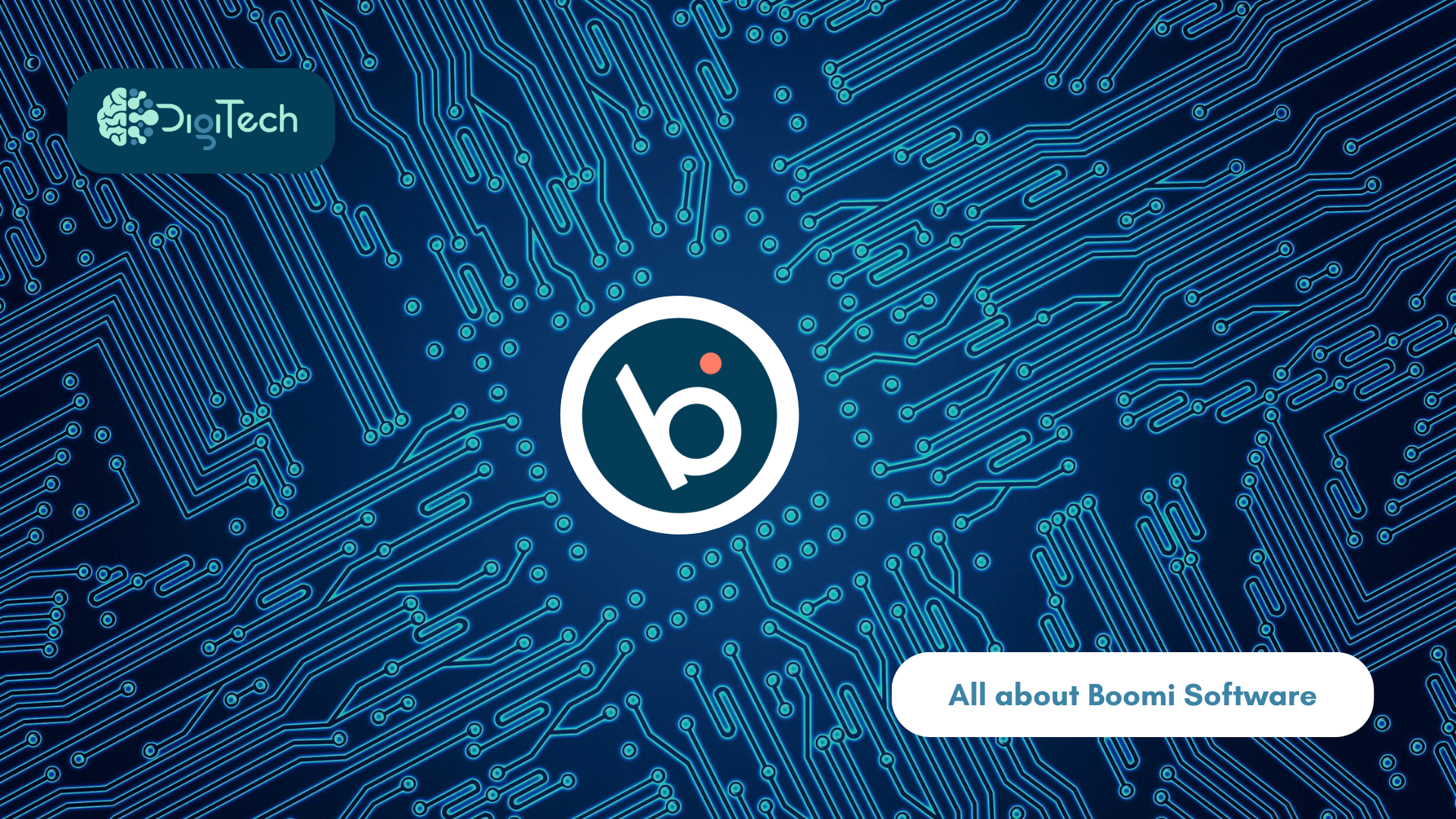In our current technology industry, multiple groundbreaking events are occurring, making agility and efficiency fundamental ingredients for a company’s success. This is why organizations are on a constant search for new ways to optimize their operations and maximize the value of their investments.
In this context, the Friendshoring model of outsourcing has emerged as a value proposition for organizations interested in IT staff augmentation service. In this blog, we will delve into the world of IT outsourcing and how Friendshoring is changing the face of this industry.
IT Outsourcing Services in a Nutshell
IT outsourcing services, or the outsourcing of Information Technology (IT) services, have become standard practice for companies of all types and sizes. This strategy involves delegating certain functions to specialized external IT providers, rather than maintaining dedicated in-house teams. IT outsourcing services can encompass a wide range of areas, including software development, technical support, infrastructure management, cybersecurity, data analysis, and others.
One of the main reasons companies turn to IT outsourcing is to reduce their operational overhead. By outsourcing IT functions, companies can save on costs associated with hiring and training staff, and the acquisition and maintenance of technological infrastructure. Moreover, IT service providers often offer highly competitive rates and flexibility in their contracting models, allowing companies to tailor the services to their needs and budget.
Another key benefit of IT outsourcing is access to a wider pool of specialized talent. IT service providers typically have highly skilled and experienced teams in their ranks, which can drive innovation and accelerate project development cycles. Likewise, by outsourcing certain functions, companies can redirect their resources to areas with more strategic value.
Some of our most relevant services may include:
IT Infrastructure
There are two main types of IT infrastructure: traditional and cloud based.
Traditional IT infrastructure consists of the standard hardware and software components, such as physical data centers, servers, network equipment, computers, and enterprise software. This setup often requires more resources in terms of power, physical space, and overall costs compared to other types of infrastructure. Additionally, it is usually installed on-premises for exclusive or private use.
On the other hand, cloud-based IT infrastructure operates similarly to traditional infrastructure, with the difference being that it is accessed over the Internet. Organizations can make use of computing resources without the need for physical installations thanks to virtualization, which connects the provider’s servers across various geographical locations. This allows for the division and spread of resources, making them accessible from almost anywhere with an Internet connection. This infrastructure, generally public, is known as public clouds.
Cloud Services for Business
The role of a cloud service provider focuses on providing access to computing and storage resources over the Internet. These services may include servers, development platforms, data storage, applications, and more.
Cloud service providers manage and maintain the underlying infrastructure, allowing users to access these resources freely and flexibly, according to their needs. Additionally, service providers ensure the infrastructure provides robust features related to security, backup, and data recovery to ensure the protection and availability of information stored in the cloud.
In summary, the services provided by a cloud service provider offer an efficient and cost-effective way to manage and leverage information technology without heavy investments in hardware and infrastructure maintenance.
Read more in: Cloud Computing Guide for Modern Companies
Technology Consulting
Technology consulting is a service provided by IT professionals who offer guidance and advice to businesses and organizations on aspects related to the implementation, optimization, and management of technological solutions. Technology consultants assist their clients in identifying technological needs, evaluating options, and making informed decisions on how to effectively use technology to achieve their business objectives. Technology consulting services may include system analysis, architecture design, selection of software and hardware, implementation of solutions, project management, staff training, and continuing support.
Data Analysis
This service involves the systematic and detailed examination of data sets to extract meaningful information and identify patterns, trends, correlations, while gaining insights that can inform the decision-making process inside an organization.
Data analysis professionals employ various techniques and tools to process, clean, analyze, and visualize data from different sources, such as databases, files, online systems, sensors, social networks, and more. More recently, this process even involves the application of machine learning algorithms, statistics, data mining, and other advanced techniques to uncover hidden patterns and transform data into actionable insights.
The data analysis service is crucial in various fields and can help organizations improve operational efficiency, optimize processes, identify business opportunities, mitigate risks, and make data-driven decisions.
Evolving your Outsourced IT Services to a Friendshoring Strategy
Evolving your IT outsourcing strategy to Friendshoring can provide many significant benefits:
- Increased collaboration: Friendshoring fosters a closer, more collaborative relationship between the company and its suppliers, which facilitates smoother communication and a more in-depth understanding of business needs.
- Improved quality of work: By working with a team that is close and familiar with the company’s culture, it is more likely to deliver higher quality products and services that meet the company’s expectations and requirements.
- Flexibility and agility: Friendshoring allows for greater flexibility to adapt to changing requirements and priorities, facilitating a faster and more agile response to market demands.
- Long-term relationship building: By establishing strong, trusted relationships with local suppliers, companies can benefit from long-term partnerships that drive innovation and continued growth.}
Friendshoring, an Innovative Strategy
Friendshoring is an outsourcing strategy, similar to the outsourcing model, but with a distinctive difference: it involves working with external teams located in countries with a similar culture and language to that of the contracting company. Instead of simply seeking the lowest costs, as is often the case in traditional outsourcing, Friendshoring is based on establishing close and lasting relationships with external teams that are integrated as a natural extension of the company.
The idea behind Friendshoring is to foster smoother communication, a deeper understanding of project requirements and more effective collaboration by working with external teams that share a similar culture and language. This can lead to greater alignment of goals, greater cohesion between internal and external teams, and a greater ability to overcome complex challenges together.
The Role of Friendshoring in the Technology Industry
Friendshoring, a rising strategy in the technology industry, represents a significant paradigm shift in how companies approach collaboration among geographically distributed teams.
By prioritizing the building of strong relationships and effective communication, Friendshoring establishes a solid foundation for innovation and efficiency in the technology sector.
This strategy enables better coordination among teams, resulting in more efficient resource utilization and agile responses to constantly evolving technological challenges.
With Friendshoring, companies are better positioned to quickly adapt to market changes and make the most of growth opportunities in an increasingly dynamic and competitive business environment.
By embracing Friendshoring, you’re not just choosing a strategy that enhances efficiency and innovation; you’re also opening doors to borderless collaboration with IT professional services that drives business growth.
Join us and discover how adopting the Friendshoring model can help you develop more successful and scalable IT projects.






